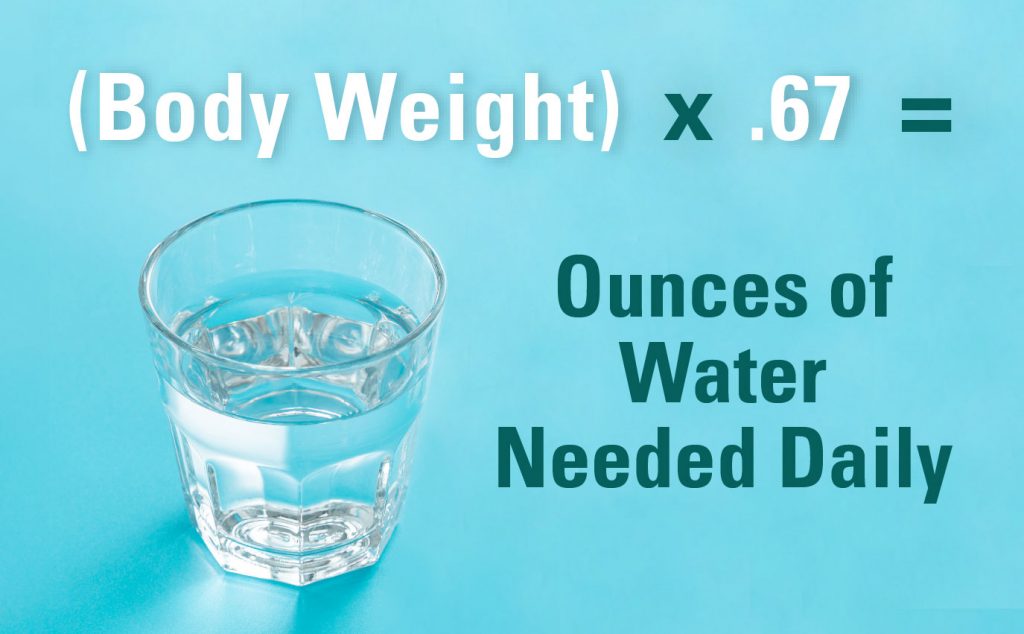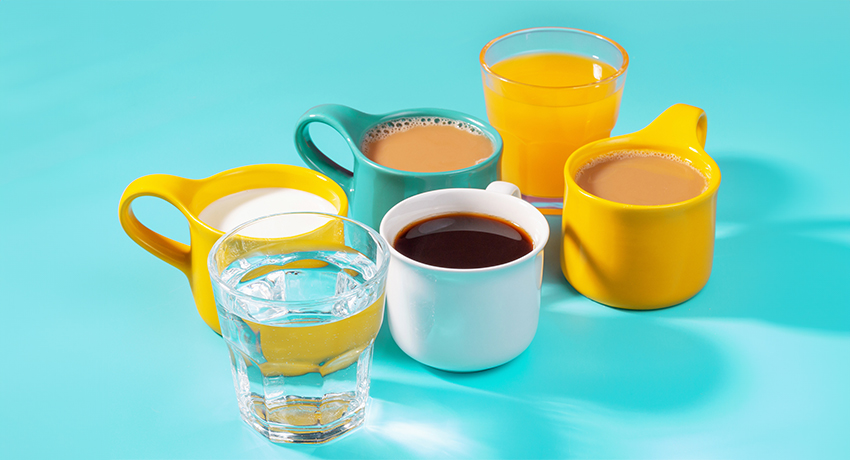We’re all feeling the heat these days. It’s hot and humid, so staying hydrated is vitally important to avoid heat-related illness and dehydration. However, drinking eight glasses of water a day is no longer the recommendation. Proper hydration varies from person to person.

“We are not all the same weight, and our body sizes vary; therefore, our water needs will vary, too,” said Deepa Iyengar, MD, a family medicine physician with UT Physicians. “It’s not a one-size-fits-all.”
How to calculate your water intake
About two-thirds of the human body is water.
“It’s the base fluid in our body, and we need it for all our cellular functions,” explained Iyengar.
Keeping that balance to maintain efficient body systems means lots of replenishing. To calculate how much water you need, multiply your body weight by 2/3 or .67.
For example, a 200-pound person’s hydration equation is 200 x .67 = 134 ounces of water daily. That’s about 17 cups of water.

When to drink more water
Be mindful at the pool, waterpark, splash pad, or beach. Having fun in the water may keep your body chilled and not trigger your internal need for hydration.
“These are different scenarios where you may not think about water, but you need to make sure you are drinking plenty of it,” said Iyengar, professor of family and community medicine and Stanley G. Schultz, MD, Endowed Professor in Global Health with McGovern Medical School at UTHealth Houston.
Hydration tips
- Add water to smoothies.
- Flavor your water with herbs, fruits, and vegetables (e.g., mint, lemon, lime, orange, or cucumber).
- Moderate amounts of coffee, tea, and juice count toward hydration.
- Keep a personal reusable water container with you while working at a computer, watching TV, and driving.
- Avoid drinking sodas, which often contain high amounts of sugar and sodium.
“The best way to consume enough water is to keep it wherever you are so it stares at you and reminds you to keep drinking,” said Iyengar.
While drinking the exact amount of water every day may not always be doable, Iyengar recommends drinking at least 75% of your needs to stay hydrated.
She also advises ending water consumption well before going to bed to avoid disrupting sleep.
The hydration equation may not be right for every person, especially people with fluid restrictions. Always follow your provider’s recommendation for the best health outcomes.



